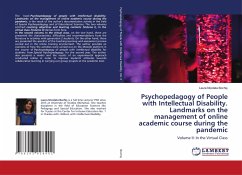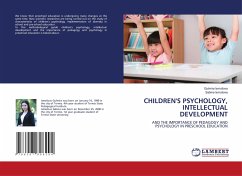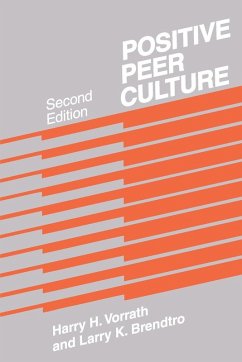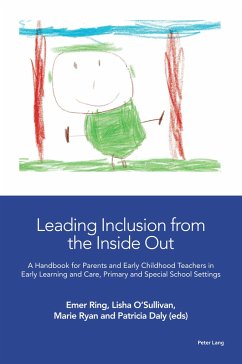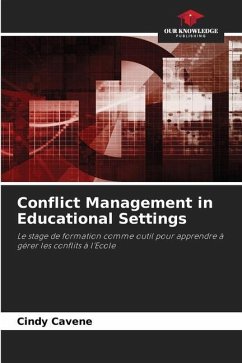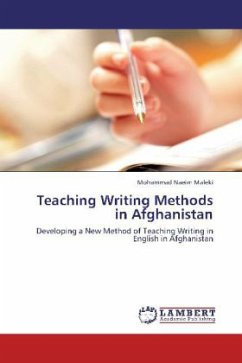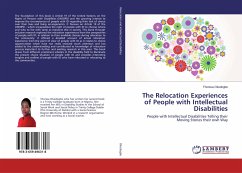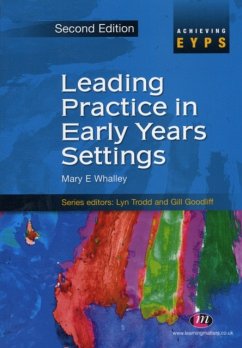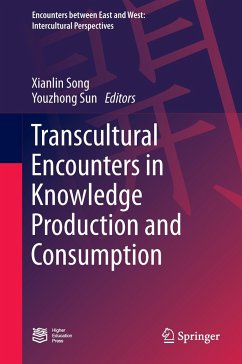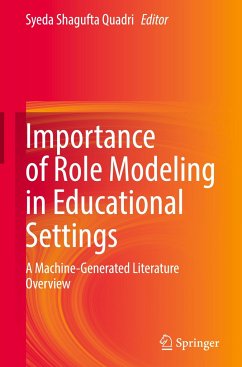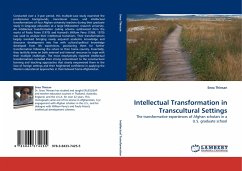
Intellectual Transformation in Transcultural Settings
The transformative experiences of Afghan scholars in a U.S. graduate school
Versandkostenfrei!
Versandfertig in 6-10 Tagen
52,99 €
inkl. MwSt.

PAYBACK Punkte
26 °P sammeln!
Conducted over a 3-year period, this multiple-case study examined the professional backgrounds, transitional issues, and intellectual transformations of four Afghan university teachers during their graduate study in language education at a large Midwestern research university. An intellectual transformation coding scheme synthesized from the works of Paolo Freire (1970) and Harvard's William Perry (1968, 1970) was used to analyze their intellectual transitions. Their transformations largely involved bringing newly acquired academic knowledge and discourse development into line with cultural-po...
Conducted over a 3-year period, this multiple-case study examined the professional backgrounds, transitional issues, and intellectual transformations of four Afghan university teachers during their graduate study in language education at a large Midwestern research university. An intellectual transformation coding scheme synthesized from the works of Paolo Freire (1970) and Harvard's William Perry (1968, 1970) was used to analyze their intellectual transitions. Their transformations largely involved bringing newly acquired academic knowledge and discourse development into line with cultural-political knowledge developed from life experiences, positioning them for further transformation following the return to their home country. Essentially, they tactfully drew on both external and internal resources to cope with their multiple challenges. The most emphatically reported intellectual transformations included their strong commitment to the constructivist learning and teaching approaches that clearly empowered them in the face of foreign settings and their heightened confidence in applying the Western educational approaches in their beloved home-Afghanistan.



